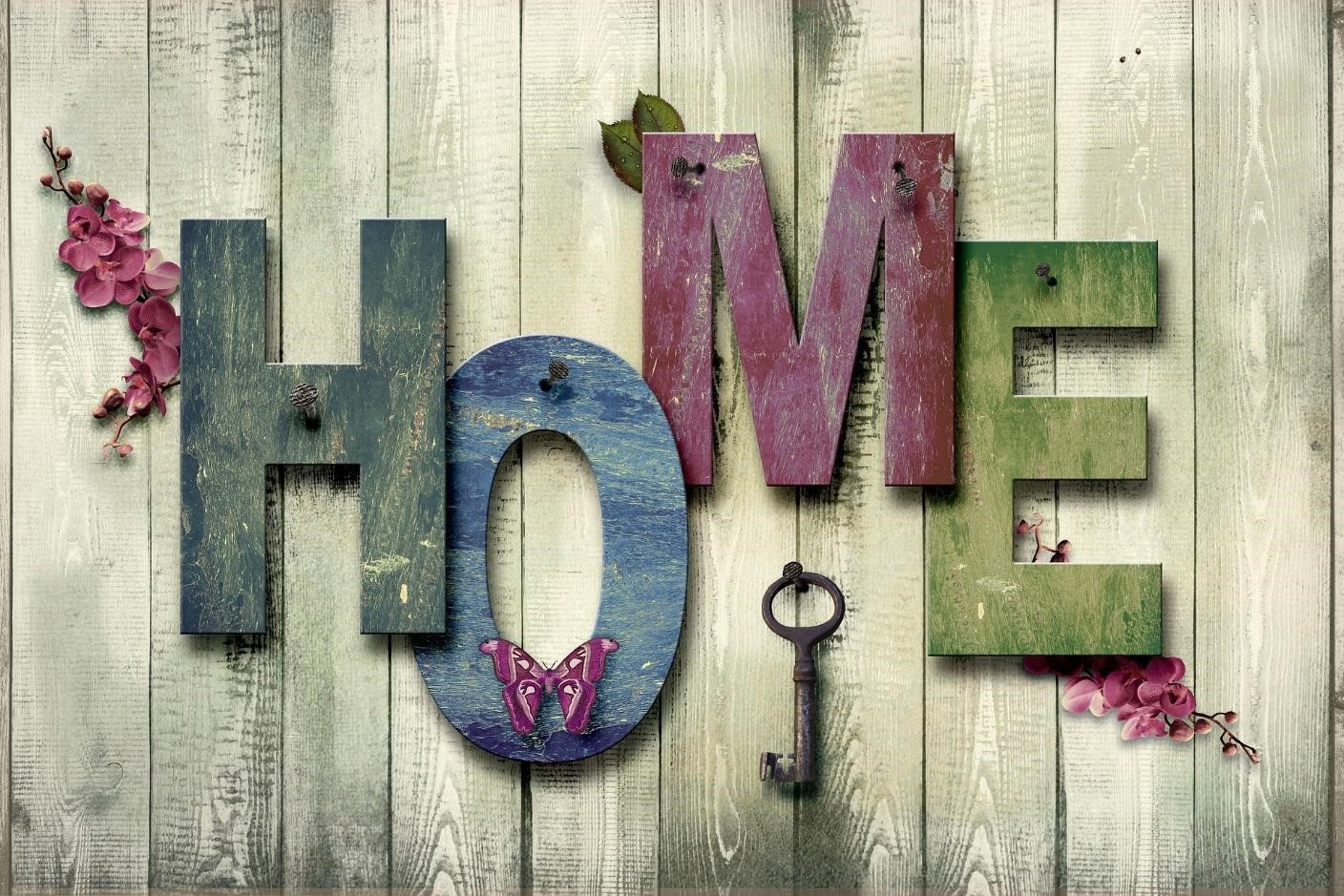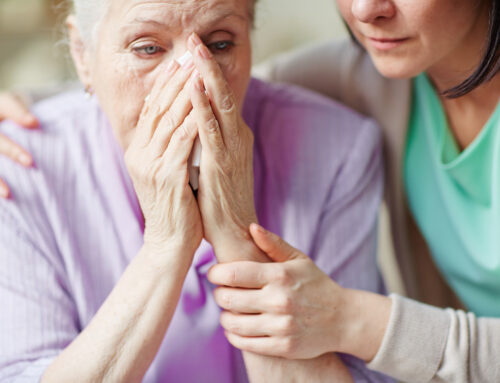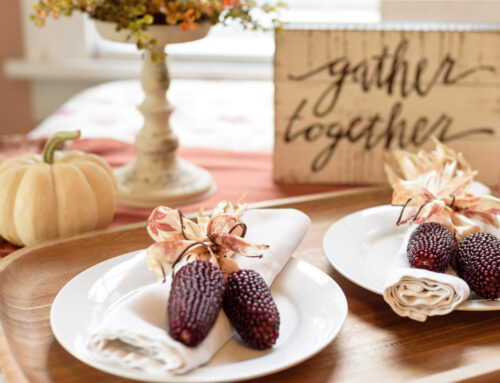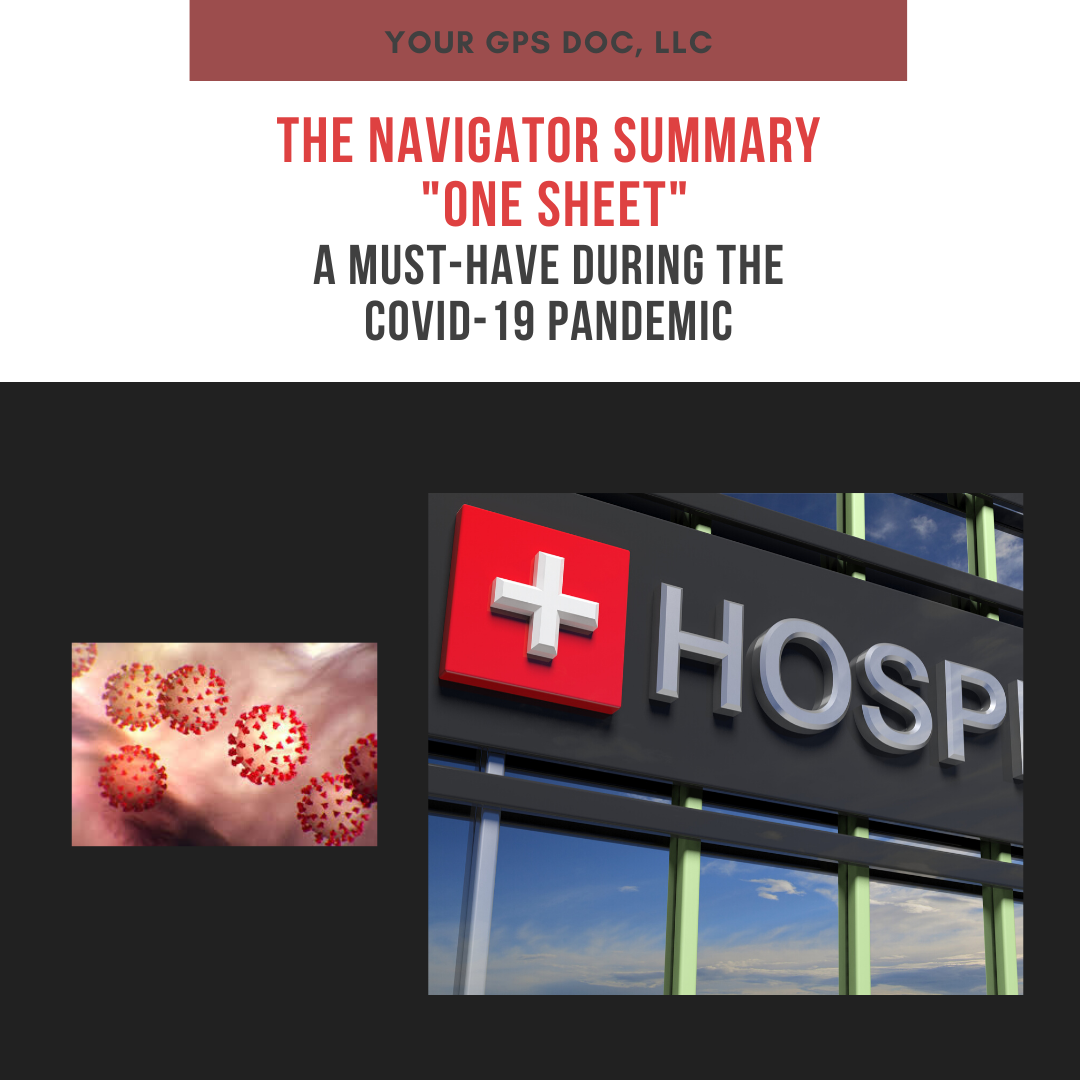There’s no place like home, but did you know that your senior parent’s home may be one of the most unsafe places? The National Safety Council (NSC) statistics indicate that about 1.4 million people 65 years of age and older are treated in emergency rooms each year for injuries associated with consumer products. The NSC also notes that falls at or around the house are the top cause of injuries and injury-related deaths sustained by adults age 65 and older. In addition, seniors are more likely to die in a house fire than younger adults. According to the Centers for Disease Control (CDC), one out of five falls causes broken bones, most often hip fractures or head injuries, and falls are the most common causes of traumatic brain injuries (TBI). While these facts and statistics are certainly serious, you can take simple steps to keep the senior adults you love safe in their homes.
Fall Prevention Tips
Mom loves being in her home and you are happy that she’s living out her golden years in the place where she is most comfortable. She loves her throw rugs, and who knows when she’ll get those rickety back stairs fixed. She probably doesn’t realize that her home is unsafe. While Mom may resist at first, you can explain the benefits of incorporating home safety. Making the home safe involves simple things such as removing clutter, small furniture, and those throw rugs, and hiring someone to repair those stairs. Secure any loose rugs or carpeting and use non-slip adhesive strips on stairs. Add non-skid mats and grab bars to the bath and shower. Stock up on nightlights for hallways and bathrooms. Make sure all of the rooms are well-lit, and regularly check on exterior lighting to make sure it’s working.
Keep the things she uses every day within reach, so she doesn’t need a stool or stepladder to access them. If she were to lose her footing while she was elevated, she could fall and suffer an even more severe injury due to the added height. If you see that she’s not steady on her feet even on solid ground, you might want to gently talk to her about using a walker or cane.
Talking to Your Loved Ones about Falls at Home
While it may be hard to talk to Mom about falling in her home, such a discussion can help you understand her risk factors. If you’re worried this conversation may upset her, let her know that you want to help her maintain her independence for as long as possible, but you need some information in order to make that happen.
Go over her medications and their side effects with her, and be sure to include over the counter medicines, such as those for sleep. Does her new blood pressure medicine make her dizzy? What about those painkillers for her migraines? Medications that will impact her ability to perform everyday tasks need to be taken with caution and, if you are really concerned, it might bring you peace of mind to consult with her physician about other options.
You’ll also want to ask her about her last eye exam, especially if it seems like she’s been wearing the same eyeglass lenses for several years. Our eyes continually change, so a prescription that worked a year ago may not be what we need 12 months later. Therefore, it’s important to get annual eye exams.
Special Consideration for Seniors with Alzheimer’s
While Alzheimer’s disease is most commonly known for causing severe memory impairment, according to the Alzheimer’s Association, it also impairs judgment and many other factors that affect safety. For example, many have trouble keeping their balance and may become confused about their surroundings. They may even get lost on their own street. The illness may also cause changes in vision and depth perception. To prevent falls, it’s a good idea to have your loved one use a ramp instead of stairs outside. Make sure carpet is secure and that walkways are clutter-free. Be sure there are no sharp corners on furniture, that the hallways and their bedroom are well-lit with nightlights, and that there are safety rails in the bathroom. Consider installing a motion detector so that you can keep track of movements and offer help when necessary.
In addition, it may help to install a hidden gas valve or circuit breaker on the stove so your loved one can’t turn it on or opt for appliances with automatic shut-off features. You may even need to remove the knobs on the stove. Also, be mindful of locks. Install deadbolts out of sight by placing them either really high or really low on exterior doors, but be sure to remove them from the bathroom or bedroom so Mom can’t lock herself in.
Home Safety and Long-Term Independence
Although you’ll probably always worry about a senior loved one who doesn’t live with you, there are a lot of actions you can take to help ensure their safety. Small, manageable changes in Mom’s home can help prevent falls, keep her safe and help her stay there for many years to come.
Photo Credit: Pixabay.com
June Duncan is a caregiver and the author of the upcoming book, The Complete Guide to Caregiving: A Daily Companion for New Senior Caregivers, scheduled to be released in Winter 2018. She blogs on her website, www.riseupforcaregivers.org.








Leave A Comment